17 Actors Who Turned Down Roles That Made Someone Else Famous
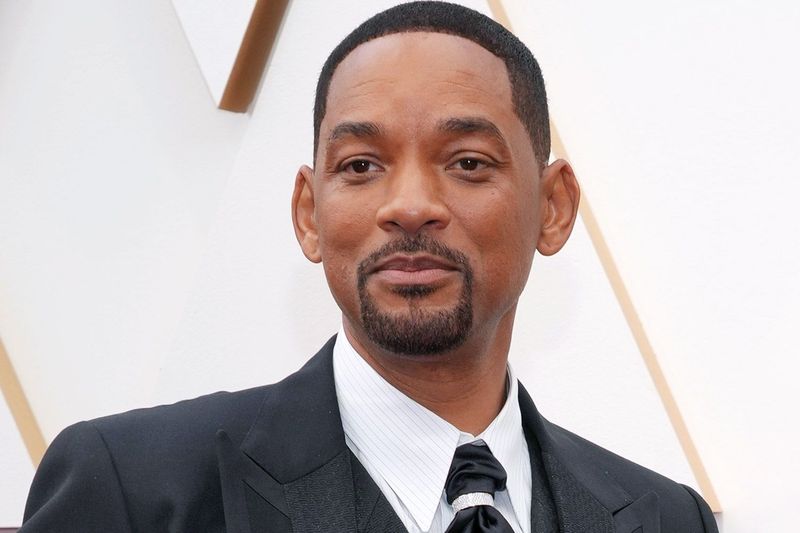
In the world of Hollywood, where fame and fortune are often determined by the roles actors choose, some have let slip opportunities that later became iconic. Whether due to scheduling conflicts, creative differences, or simply a lack of interest, these actors turned down roles that went on to boost the careers of others. From science fiction giants to romantic drama leads, let’s explore 17 instances where an actor’s decision not to take a role paved the way for another to shine. These choices not only altered the actors’ careers but also the landscape of cinema itself.
1. Will Smith
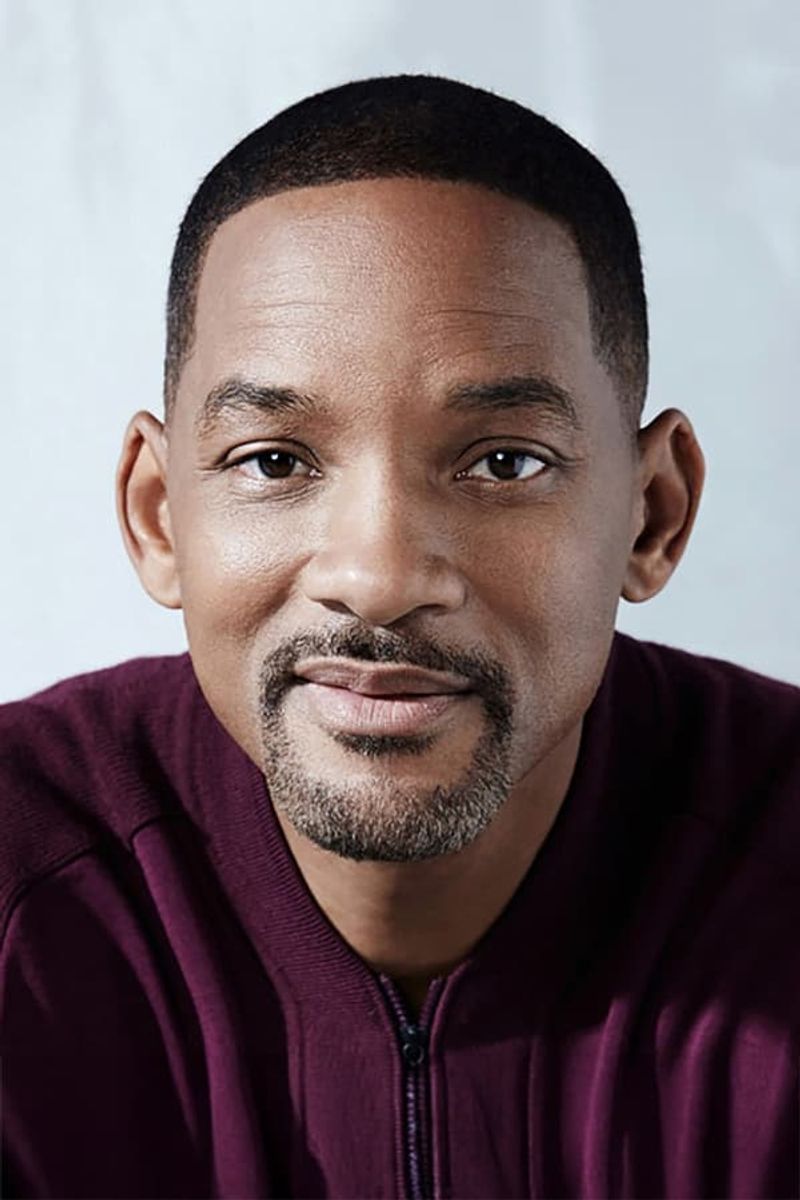
Will Smith, known for his charismatic screen presence, was offered the role of Neo in “The Matrix.” The character, destined to become a cultural icon, brought unparalleled fame to Keanu Reeves. Smith reportedly turned down the role because he couldn’t fully grasp the film’s complex narrative during early discussions.
Instead, he chose “Wild Wild West,” a decision he later humorously reflected on. While “The Matrix” redefined science fiction, Smith’s career continued to thrive with hits like “Men in Black” and “I Am Legend.” The decision showcases how even seasoned actors can miss the mark yet continue to succeed.
2. Al Pacino
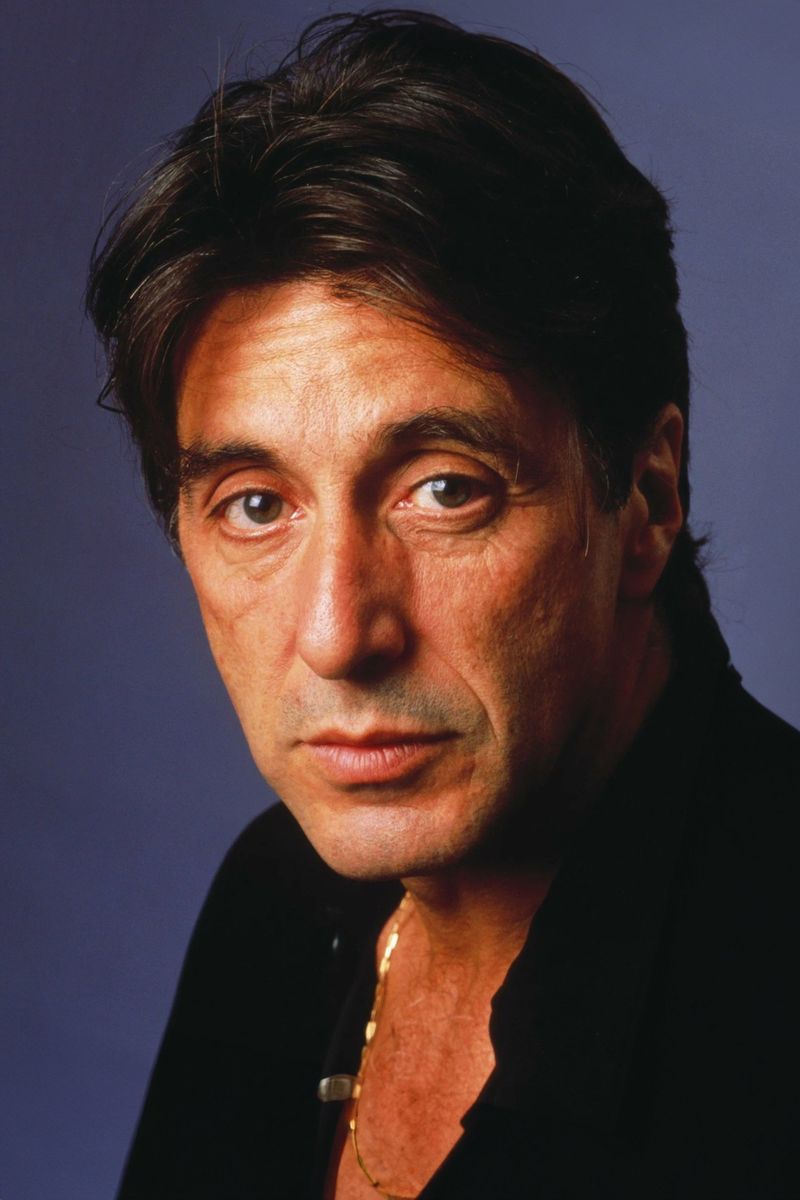
Al Pacino, celebrated for his intense performances, passed on the chance to play Han Solo in “Star Wars.” The role, famously embodied by Harrison Ford, became a cornerstone of pop culture. Pacino cited a lack of understanding of the script and its science fiction elements as reasons for his decision.
Despite missing out on a galaxy-spanning adventure, Pacino’s career soared with roles in “The Godfather” and “Scarface,” solidifying his legendary status. His choice highlights how actors navigate scripts and roles that align with their artistic instincts, shaping their unique cinematic journeys.
3. Burt Reynolds
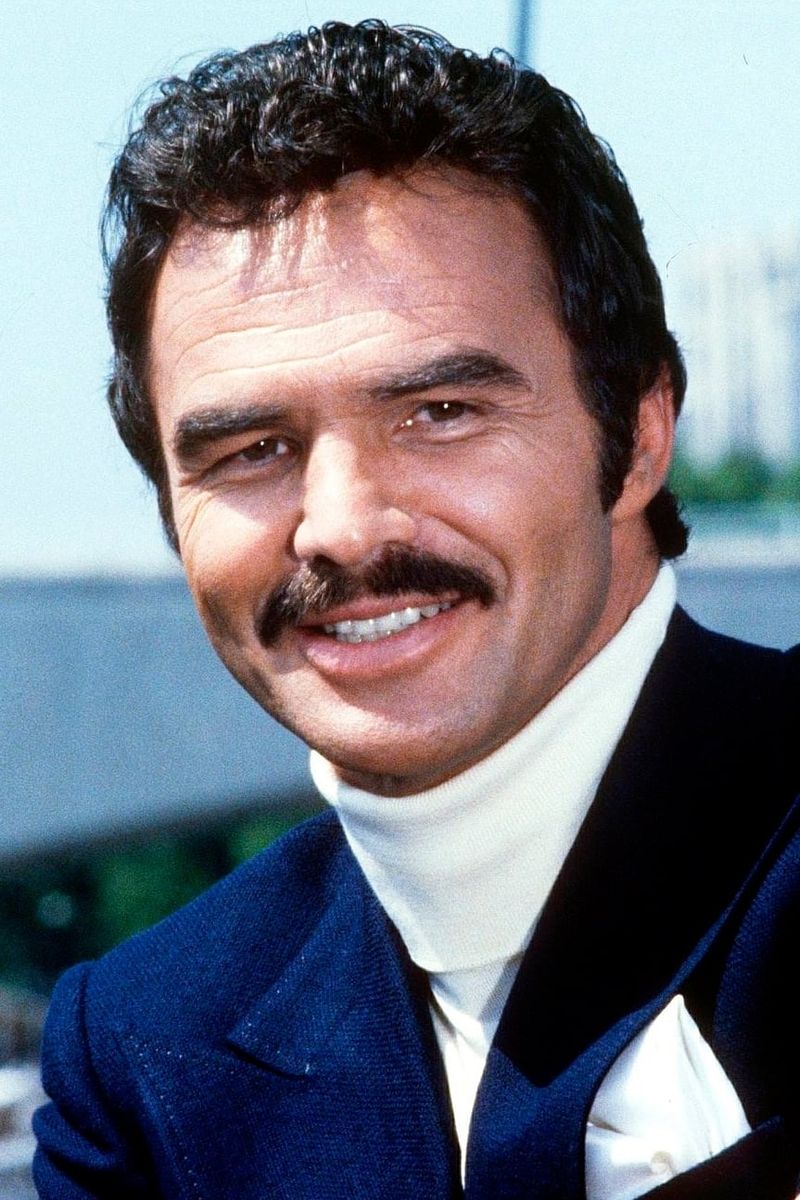
Burt Reynolds, with his rugged charm, also declined the role of Han Solo. Harrison Ford, who eventually took on the part, became synonymous with the iconic character. Reynolds later expressed regret for turning down what became a cultural phenomenon. The decision was influenced by his personal preferences and the then-uncertain potential of the film.
Even without a trip to a galaxy far, far away, Reynolds enjoyed a successful career with memorable roles in “Smokey and the Bandit” and “Deliverance.” His story serves as a reminder that sometimes the best opportunities are the ones never taken.
4. Gwyneth Paltrow
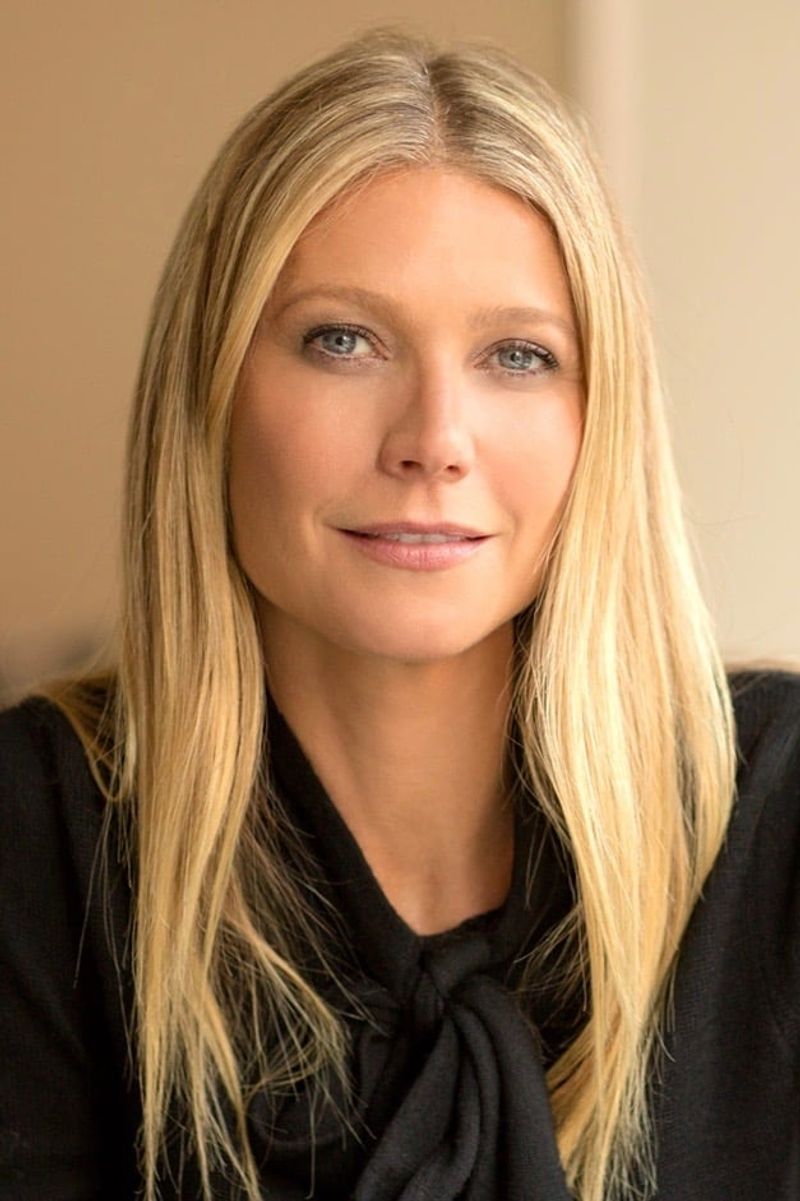
Gwyneth Paltrow was considered for the iconic role of Rose in “Titanic.” Her decision to pass on it allowed Kate Winslet to step into the spotlight, delivering a performance that captured hearts worldwide. Paltrow’s reasons for declining remain private, though she has acknowledged the impact of the film.
While “Titanic” became a monumental success, Paltrow found acclaim in films like “Shakespeare in Love” and “The Royal Tenenbaums.” Her career trajectory underscores how different paths can lead to success, each with its distinct milestones and rewards.
5. Emily Blunt

Emily Blunt was initially considered for the role of Black Widow in the Marvel Cinematic Universe. However, due to scheduling conflicts, she declined, paving the way for Scarlett Johansson to become synonymous with the character. Blunt’s decision was influenced by her commitment to other projects, showcasing the challenges actors face in balancing opportunities.
Despite missing out on this superhero journey, Blunt’s career flourished with roles in “The Devil Wears Prada” and “A Quiet Place.” Her journey highlights how actors navigate career-defining decisions with grace and strategy.
6. Sarah Michelle Gellar

Sarah Michelle Gellar was considered for the role of Cher Horowitz in “Clueless.” Instead, Alicia Silverstone took on the part, delivering a quintessential performance that defined a generation. Gellar opted out due to prior commitments, notably her role in “Buffy the Vampire Slayer.” While “Clueless” became a cultural touchstone, Gellar carved her niche in television history.
Her choices reflect how actors weigh opportunities, aligning them with personal and professional goals. Gellar’s eventual success, particularly on the small screen, showcases the diverse paths to stardom available to talented performers.
7. Rod Steiger
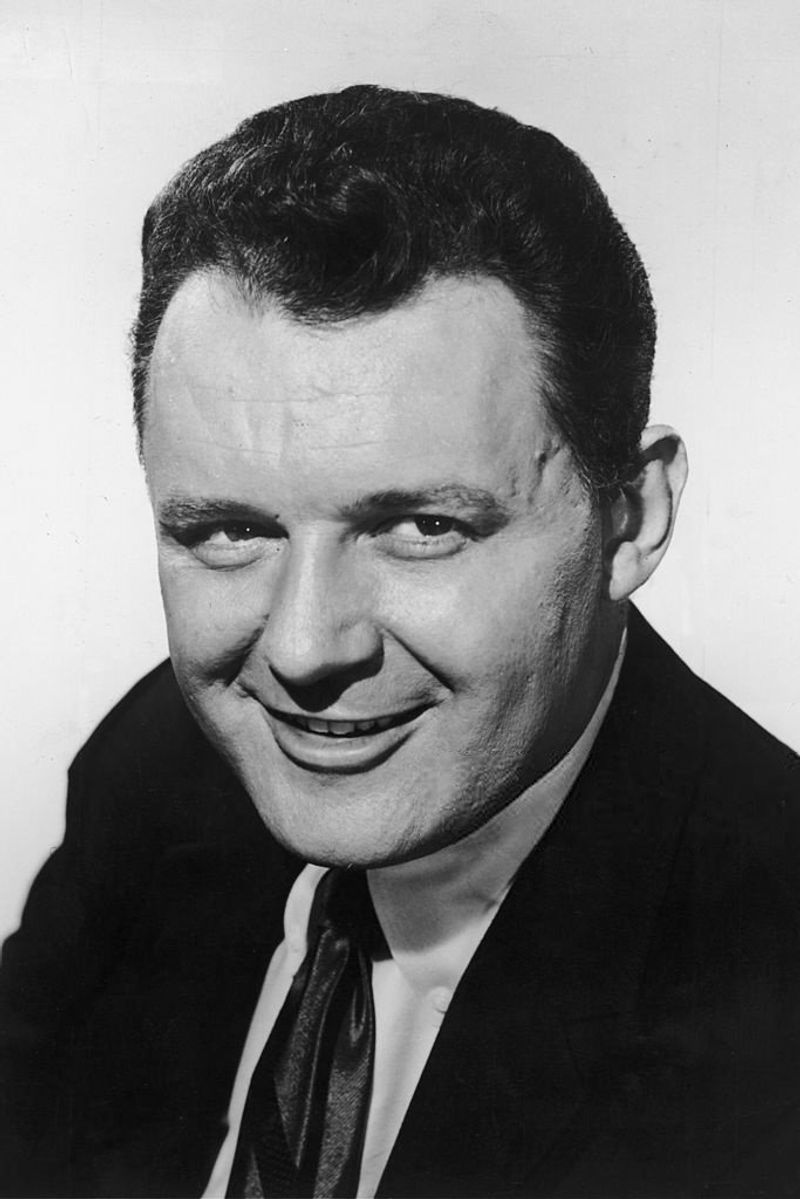
Rod Steiger turned down the chance to play the lead in “Patton,” a role that earned George C. Scott an Academy Award. Steiger’s decision stemmed from concerns about the character’s portrayal and the film’s direction. Despite this missed opportunity, Steiger continued to secure notable roles in films like “In the Heat of the Night.”
His career decisions showcase the actor’s commitment to roles that align with his artistic vision. The success of “Patton” emphasizes how certain roles can elevate a film’s status, though not every actor may be the right fit.
8. Sean Connery
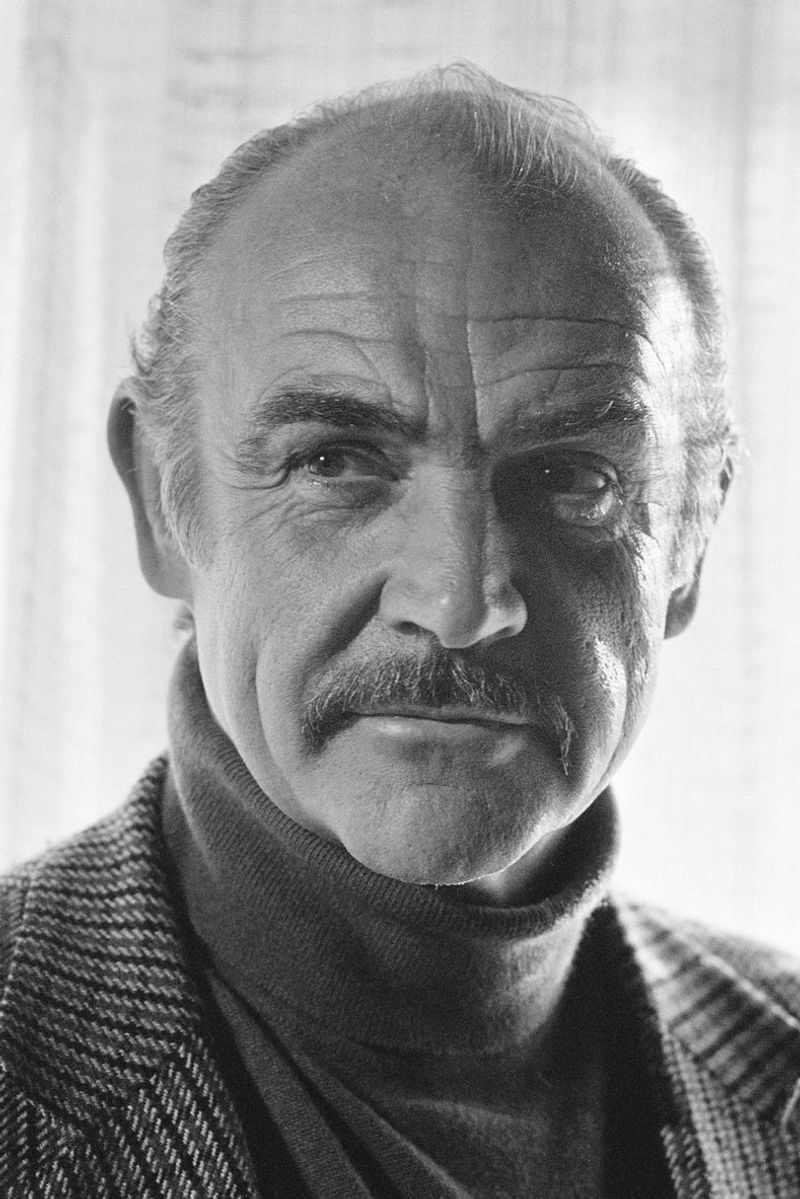
Sean Connery turned down the role of Gandalf in “The Lord of the Rings,” a decision that allowed Ian McKellen to deliver a career-defining performance. Connery reportedly struggled with the script’s fantasy elements and didn’t fully grasp the story’s scope.
Despite this, Connery’s legacy was already cemented through his role as James Bond and other hits. His career exemplifies how actors choose roles based on their vision and comfort, sometimes missing out on unexpected successes. McKellen’s portrayal became iconic, but Connery remained a cherished figure in cinema history.
9. Nicolas Cage
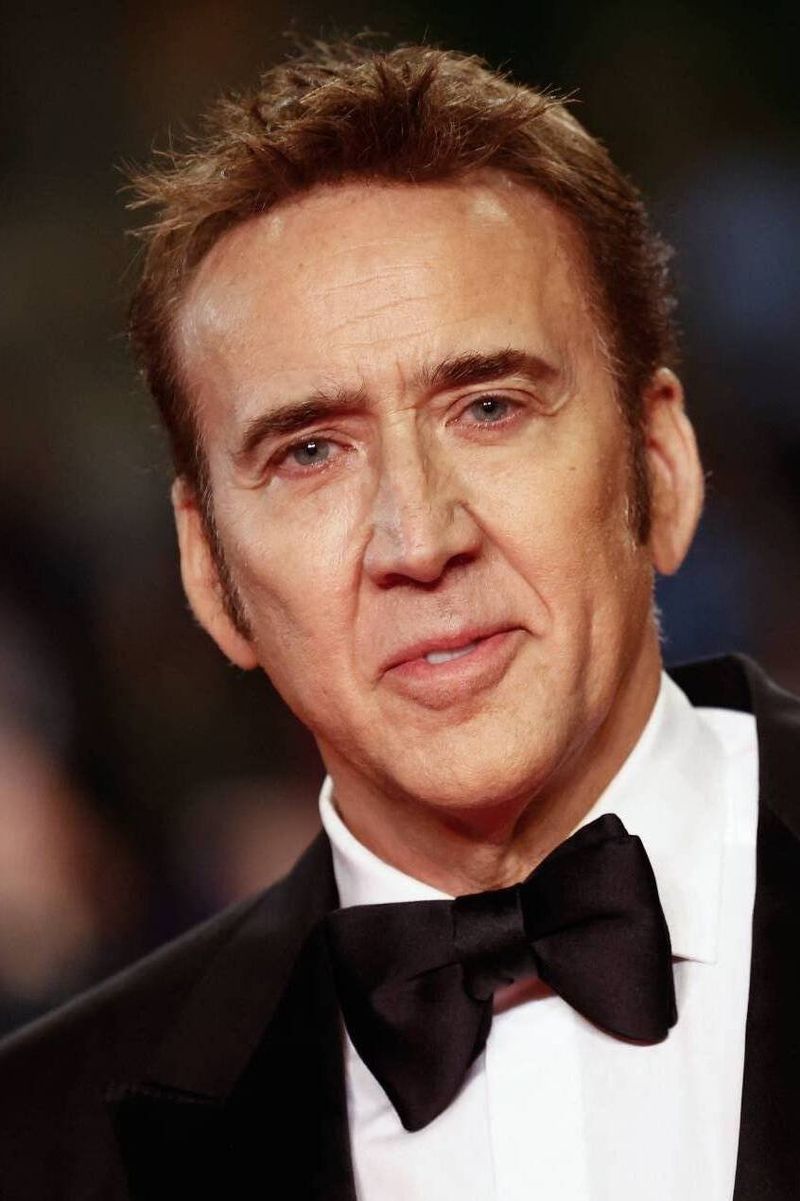
Nicolas Cage was among those approached for the role of Neo in “The Matrix.” However, due to personal reasons and other commitments, he declined. Keanu Reeves took on the role, leading to a defining moment in his career. Cage’s decision reflects how actors often juggle multiple opportunities, prioritizing projects that resonate personally or logistically.
Despite this missed chance, Cage’s prolific career includes diverse roles in “Leaving Las Vegas” and “National Treasure.” His choices highlight the unpredictable nature of Hollywood, where timing and intuition play significant roles in shaping an actor’s path.
10. Leonardo DiCaprio
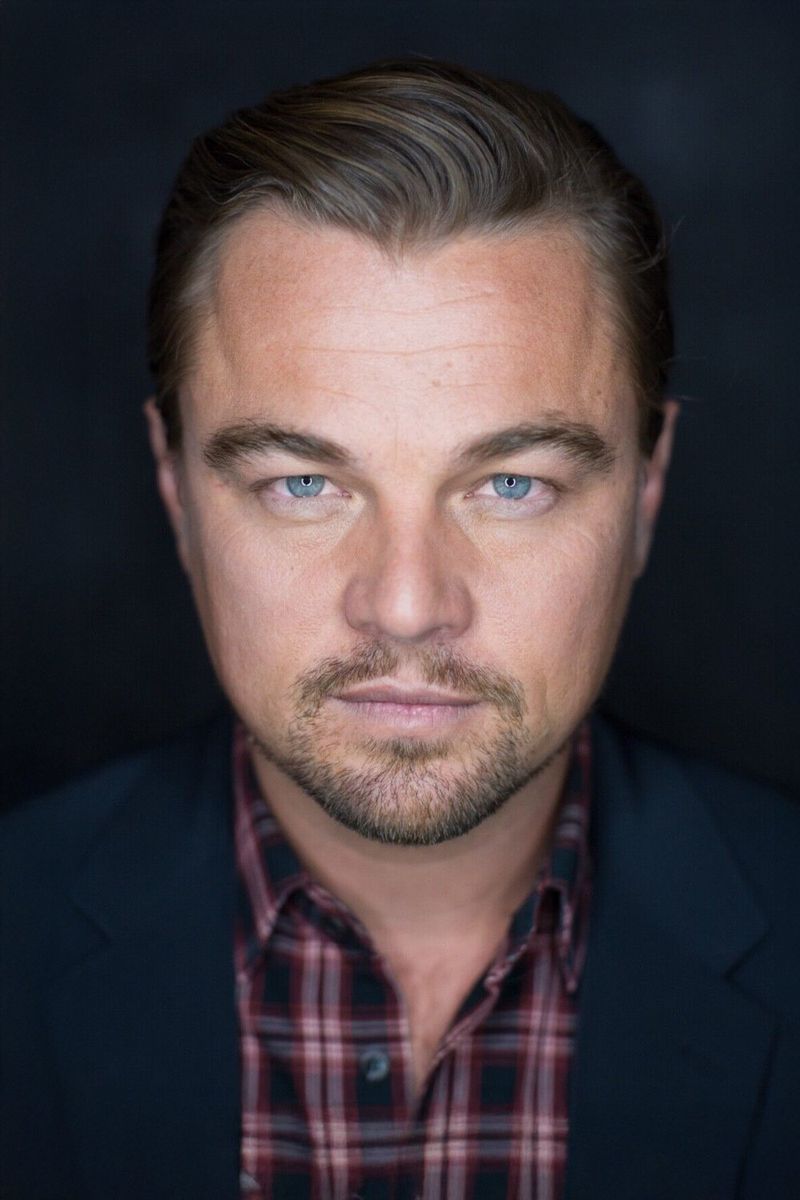
Leonardo DiCaprio, fresh off the success of “Titanic,” was also considered for Neo in “The Matrix.” However, he declined to avoid repeating a science fiction role so soon after “Titanic’s” massive success. This decision allowed Keanu Reeves to define the character. DiCaprio’s career continued to soar with critically acclaimed performances in “Inception” and “The Revenant.”
His choices illustrate how actors carefully curate their filmography to diversify their roles and maintain artistic integrity. The success of “The Matrix” and DiCaprio’s continued rise both showcase different facets of cinematic triumph.
11. Sandra Bullock
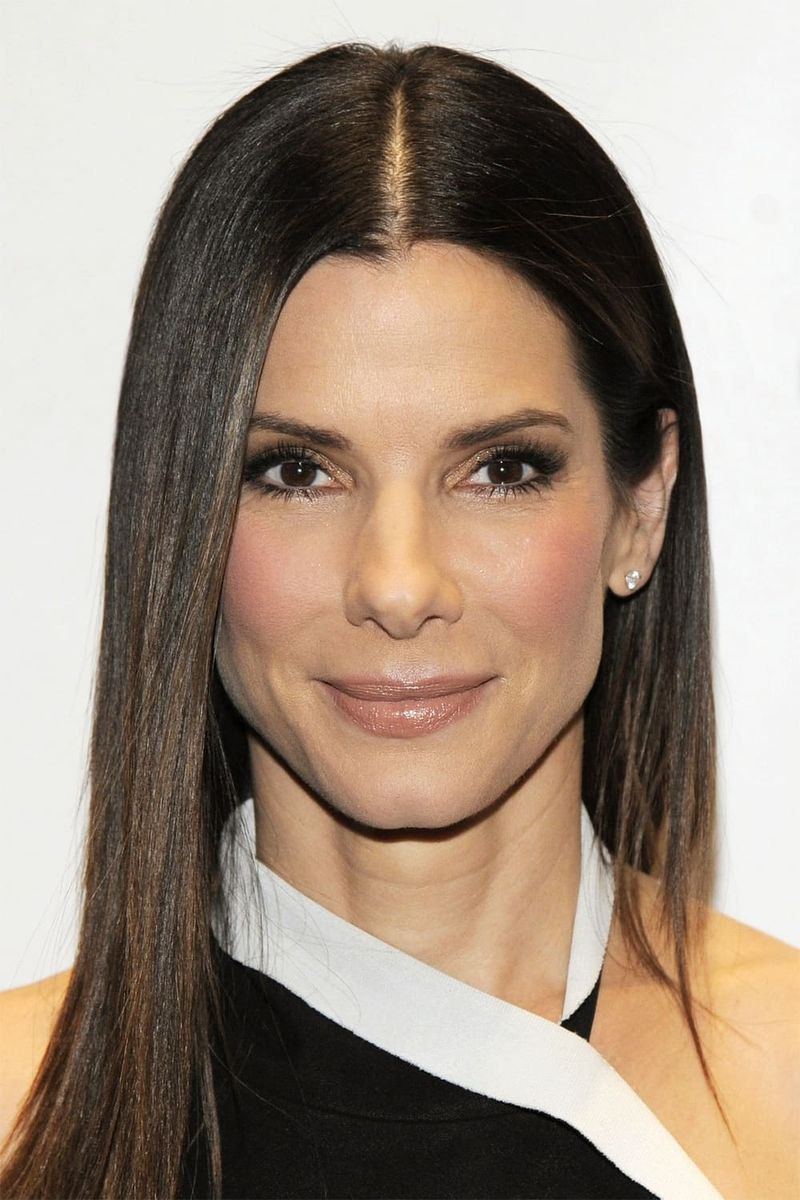
Sandra Bullock was considered for a gender-flipped version of Neo in “The Matrix.” However, the project never materialized, and she passed on the role. Instead, Keanu Reeves continued to embody Neo, defining the character. Bullock’s choices reflect her ability to navigate Hollywood’s changing landscape, with successful films like “Speed” and “The Blind Side”.
Her diverse roles demonstrate adaptability, even when certain projects don’t pan out. Bullock’s career is a testament to how actors often pursue varied opportunities, each potentially leading to memorable milestones in their journey.
12. Brad Pitt
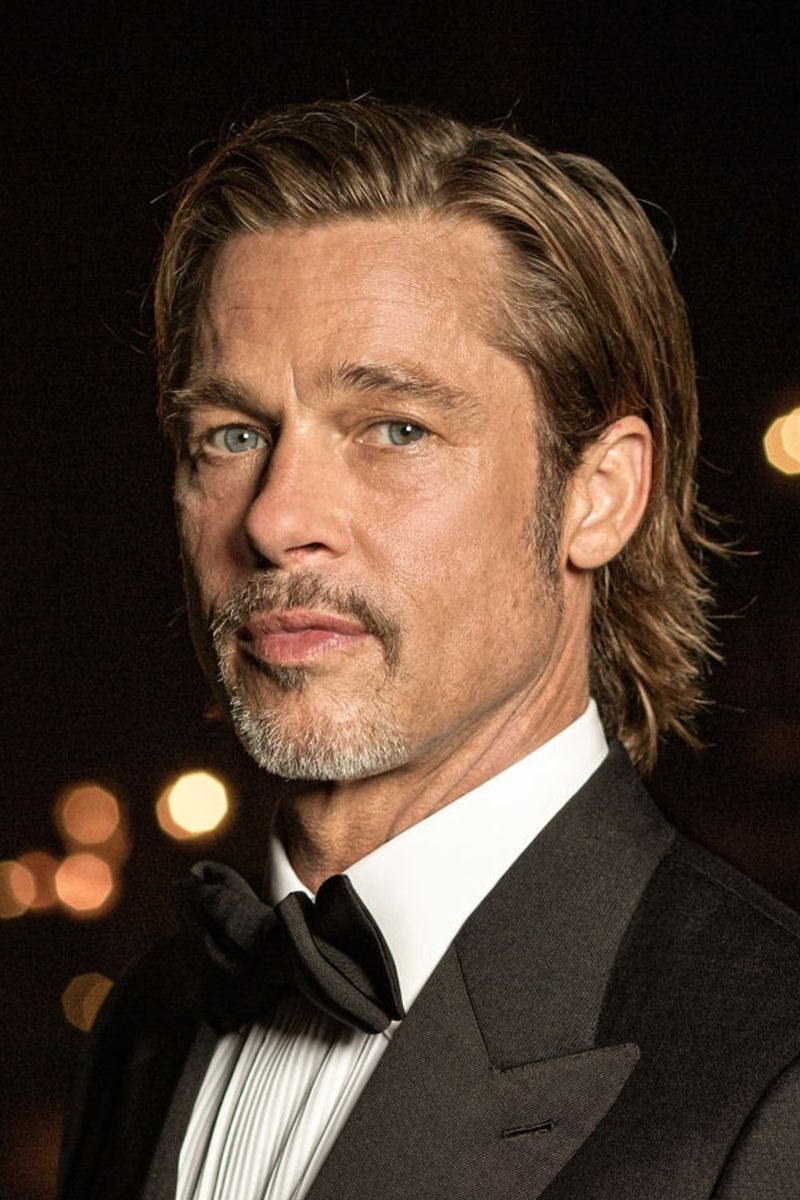
Brad Pitt was approached for the role of Neo, a part he ultimately turned down. Keanu Reeves accepted, becoming an indelible part of pop culture. Pitt’s decision was influenced by his own career trajectory and film interests at the time. Despite missing out on this cyber adventure, his career flourished with films like “Fight Club” and “Inglourious Basterds.”
Pitt’s choices highlight the diversity and depth of his filmography. The trajectory of both actors underscores how Hollywood’s unpredictable nature often leads to surprising, yet fitting, casting outcomes.
13. Heather Graham

Heather Graham was considered for the role of Rollergirl in “Boogie Nights,” a part she eventually turned down. This allowed the role to become a defining moment for another actress. Graham’s choice stemmed from personal reasons and professional commitments.
Despite passing on this iconic character, she continued to enjoy a successful career with roles in “Austin Powers” and “The Hangover.” Her story exemplifies how actors navigate opportunities, balancing personal preferences with career aspirations. Graham’s varied roles demonstrate the intricate decision-making process behind Hollywood careers.
14. Emily Watson
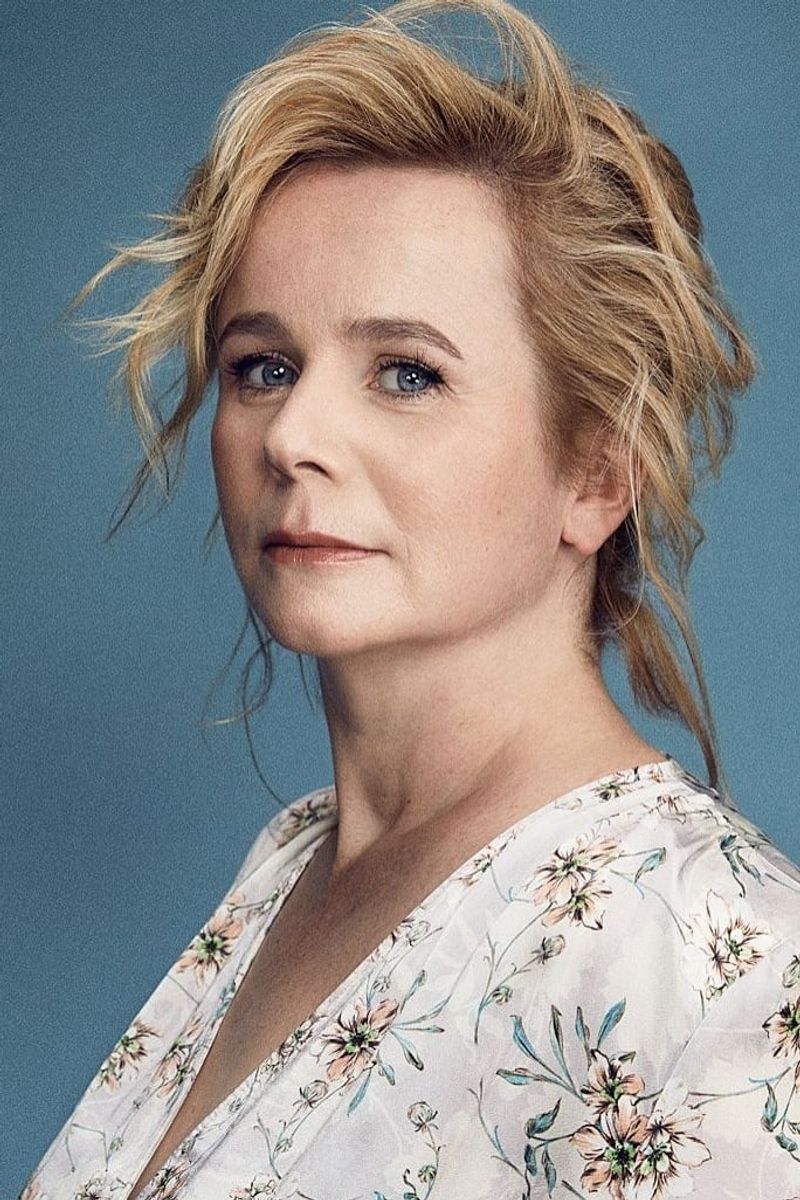
Emily Watson turned down the role of Mia in “La La Land,” a decision that led to Emma Stone’s Oscar-winning performance. Watson’s choice was influenced by prior engagements and a desire to pursue different projects. Despite missing out on this musical success, her career remained vibrant with roles in “Breaking the Waves” and “The Book Thief.”
Watson’s decision-making process highlights how actors align opportunities with their artistic goals and career trajectories, even when it means passing on a potentially iconic role. Stone’s success showcases how the right actor can redefine a part.
15. John Lithgow
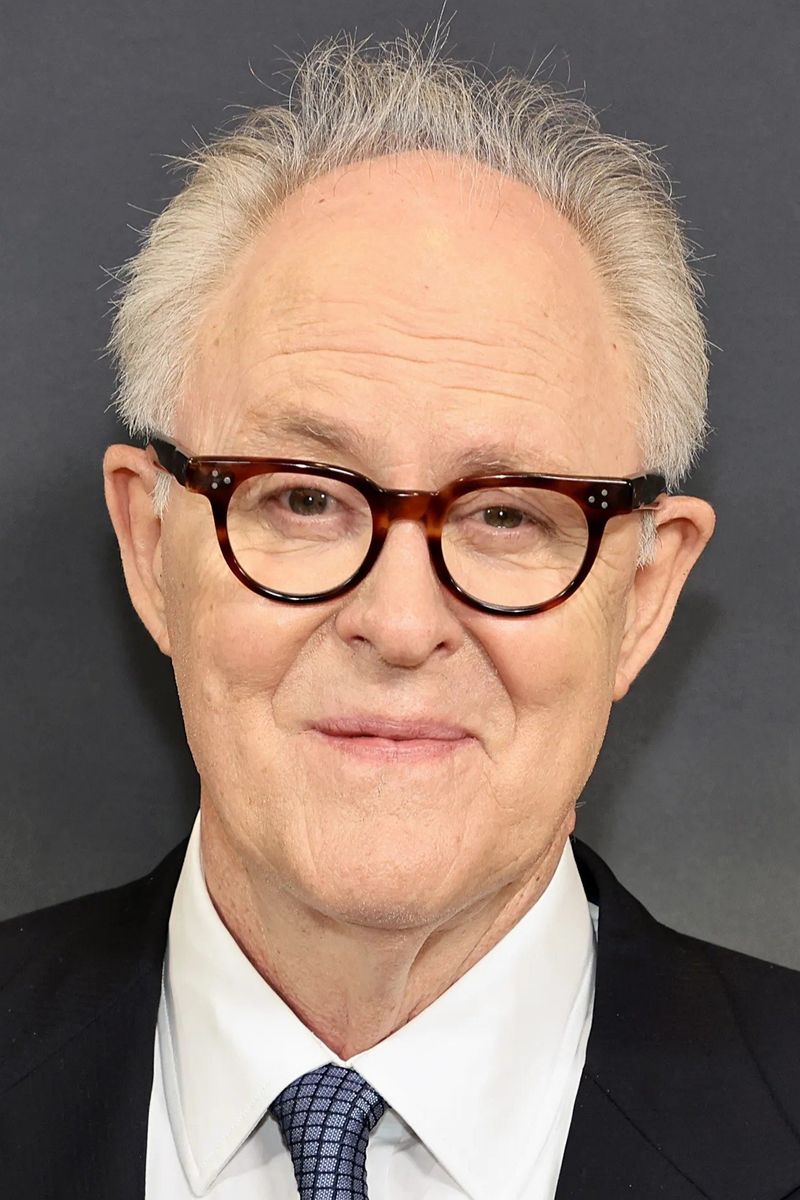
John Lithgow passed on two significant roles: The Joker in “Batman” and Frasier Crane in “Cheers.” Both characters became iconic under different actors. Lithgow, known for his diverse talent, made these choices based on his artistic direction and personal preferences.
Despite these misses, his career thrived with memorable performances in “Third Rock from the Sun” and “The Crown.” Lithgow’s journey illustrates the complex decisions actors face, often navigating between potential success and personal fulfillment. His extensive body of work remains a testament to his versatile acting prowess.
16. Terrence Howard
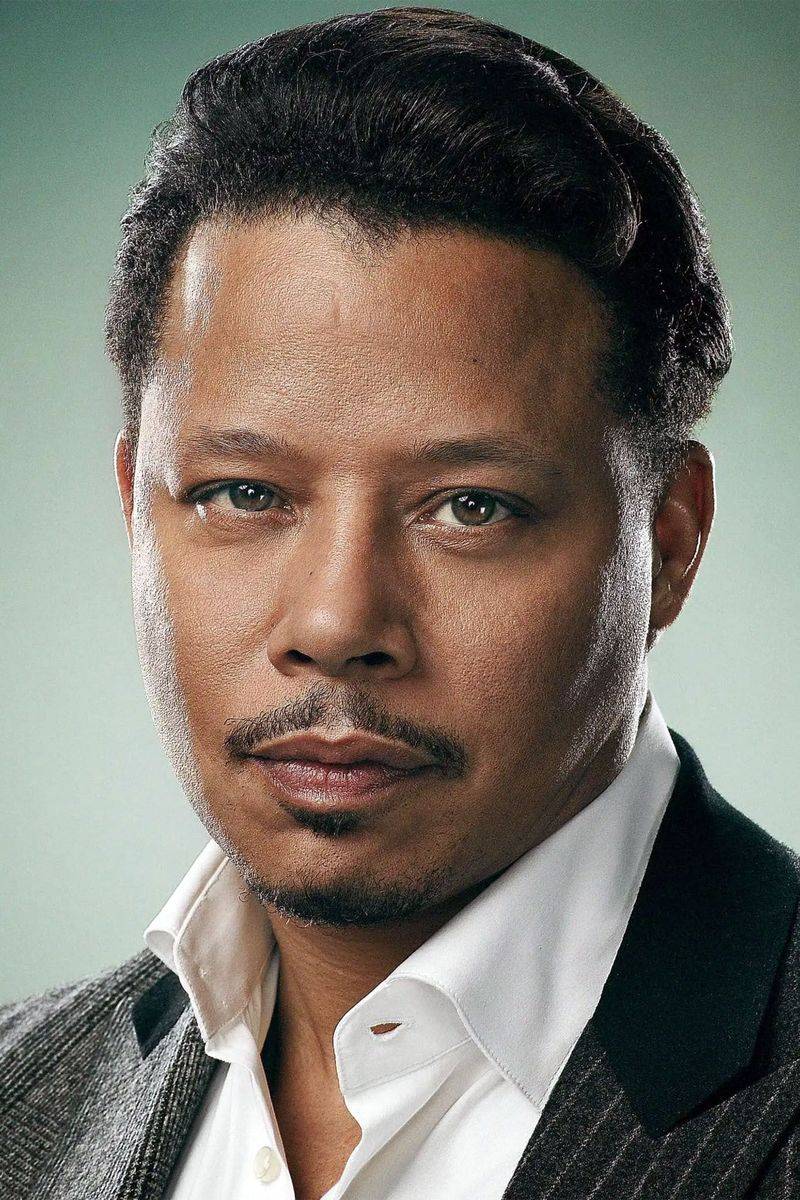
Terrence Howard played a pivotal role in “Iron Man” but left the MCU due to contract disputes. His departure paved the way for Don Cheadle, who brought a new dimension to the character. Despite this change, Howard’s career continued with success in “Empire” and other projects.
His decision reflects the business complexities behind Hollywood roles, where creative and financial considerations often come into play. Howard’s story highlights how actors navigate the industry’s challenging landscape, balancing opportunities with personal and professional goals.
17. Mel Gibson
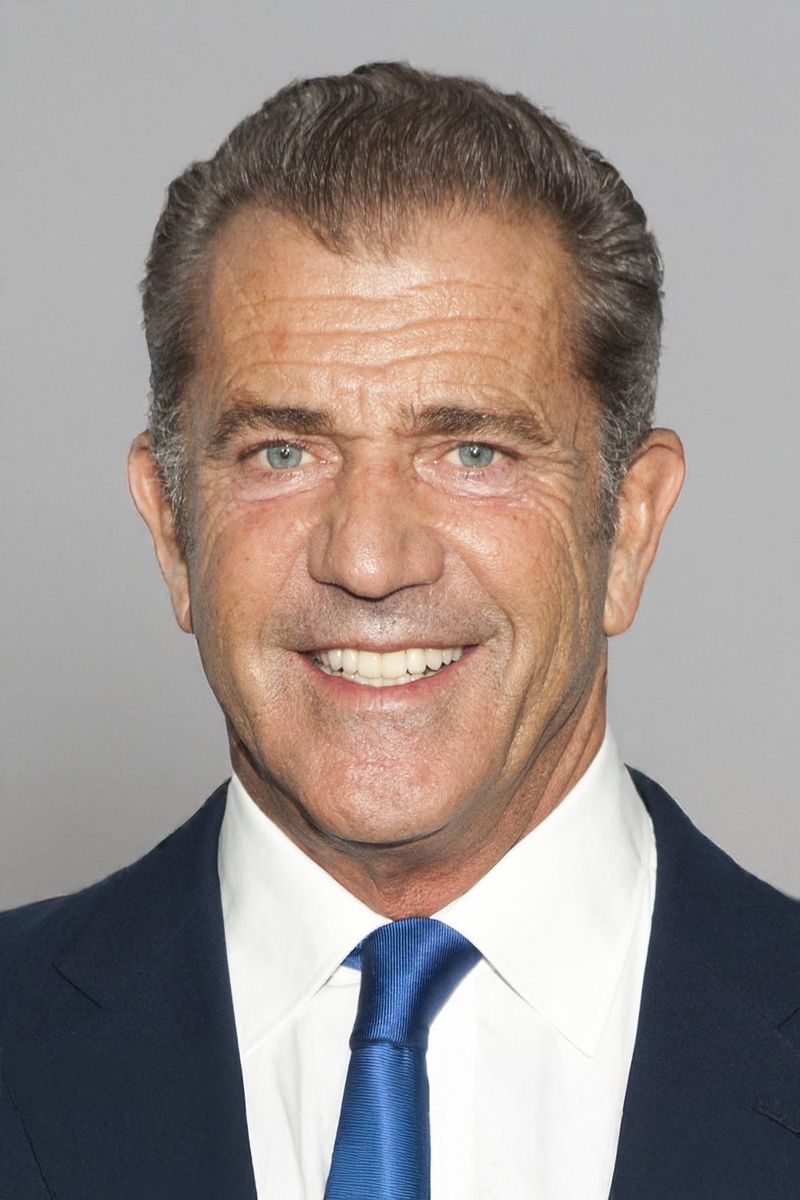
Mel Gibson was considered for the role of Maximus in “Gladiator,” a part that ultimately went to Russell Crowe. Gibson declined due to scheduling conflicts and other commitments. Despite missing out on this epic character, Gibson’s accolades include “Braveheart” and “The Passion of the Christ.”
His decisions underscore how actors prioritize roles that align with their vision and career trajectory. Crowe’s portrayal became legendary, but Gibson’s diverse roles continue to contribute significantly to his storied career, illustrating the varied paths to cinematic success.

Comments
Loading…